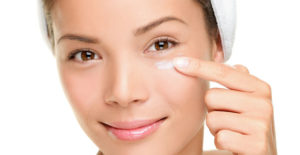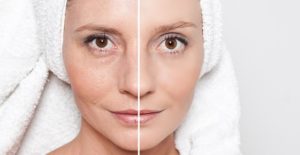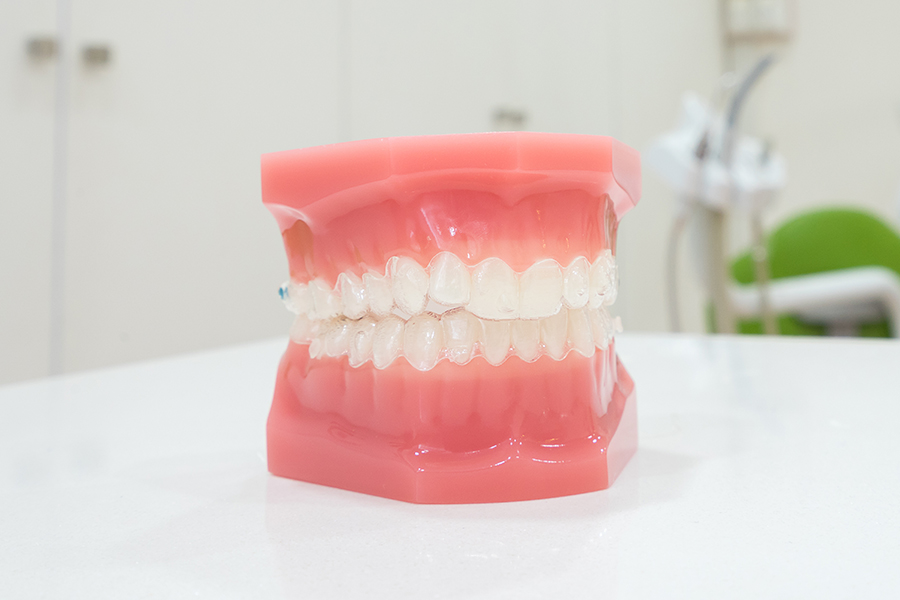Anti-Aging Products: Are They for You?

When it comes to keeping pesky fine lines, crow's feet and wrinkles at bay, prevention is key. Because of this, many people opt to begin using anti-aging products at early ages — before they even spot the first hints that they're not quite spring chickens anymore.
If you're considering adding anti-aging products to your skin care regimen, it's a smart idea to discuss the matter with your dermatologist. He or she will be able to tell you of which types of products are most suitable for your specific skin type.
Signs of Aging
While it isn't at all uncommon for many people to start using anti-aging products prior to noticing any signs of aging on their complexions, several things often signify the need in others. If your skin is beginning the aging process in earnest, you might observe that it feels a lot drier than before. You might see small wrinkles by the sides of your eyes, particularly when you smile. You might develop conspicuous dark circles under your eyes. Your skin might even seem markedly less vibrant than before.
If your complexion all of a sudden seems a little lackluster and dull, then it could be aging kicking in. Last but not least, declining elasticity of the skin frequently signifies aging. When you're young, your skin tends to be extremely supple and resilient. Aging, however, generally reverses that.
Choosing an Anti-Aging Product
Many anti-aging products battle wrinkles, facial drooping, and overall dullness with ingredients such as retinol and buffered glycolic acid. These components frequently appear in topical anti-aging formulas. Before you decide to use anti-aging products with any of these common anti-aging elements, seek approval from your dermatologist.
These ingredients might not necessarily be appropriate for your skin even if it's displaying signs of aging. Some people experience excessive dryness and sensitivity due to use of retinol, for example. If your dermatologist carefully assesses your skin type and general skin condition, he or she will be able to select anti-aging products that cater to your individual needs perfectly.
Possible Health Concerns
Don't ever make assumptions about your skin, either. While aging does indeed often trigger skin dullness, dullness often points to other health problems. If your skin appears lackluster and drab, then it could actually be a symptom of liver troubles. If your skin has recently taken on a grayish tint, don't assume it's necessarily just a part of aging. Grayness of the skin sometimes is a sign of kidney woes. This is why it's always so important to seek a healthcare professional's opinion prior to beginning any new skin care routine, whether it involves anti-aging products or not.
Holistic Skin Care
Note, too, that signs of aging often appear elsewhere on the body. The face isn't the only common spot for aging signs. If you observe a sudden excess of sagging skin on certain parts of your body, for example, then it might be time to invest in some anti-aging products that are geared toward the body. If you look around, you'll be able to choose between an abundance of anti-aging body products — think lotions and body washes.








